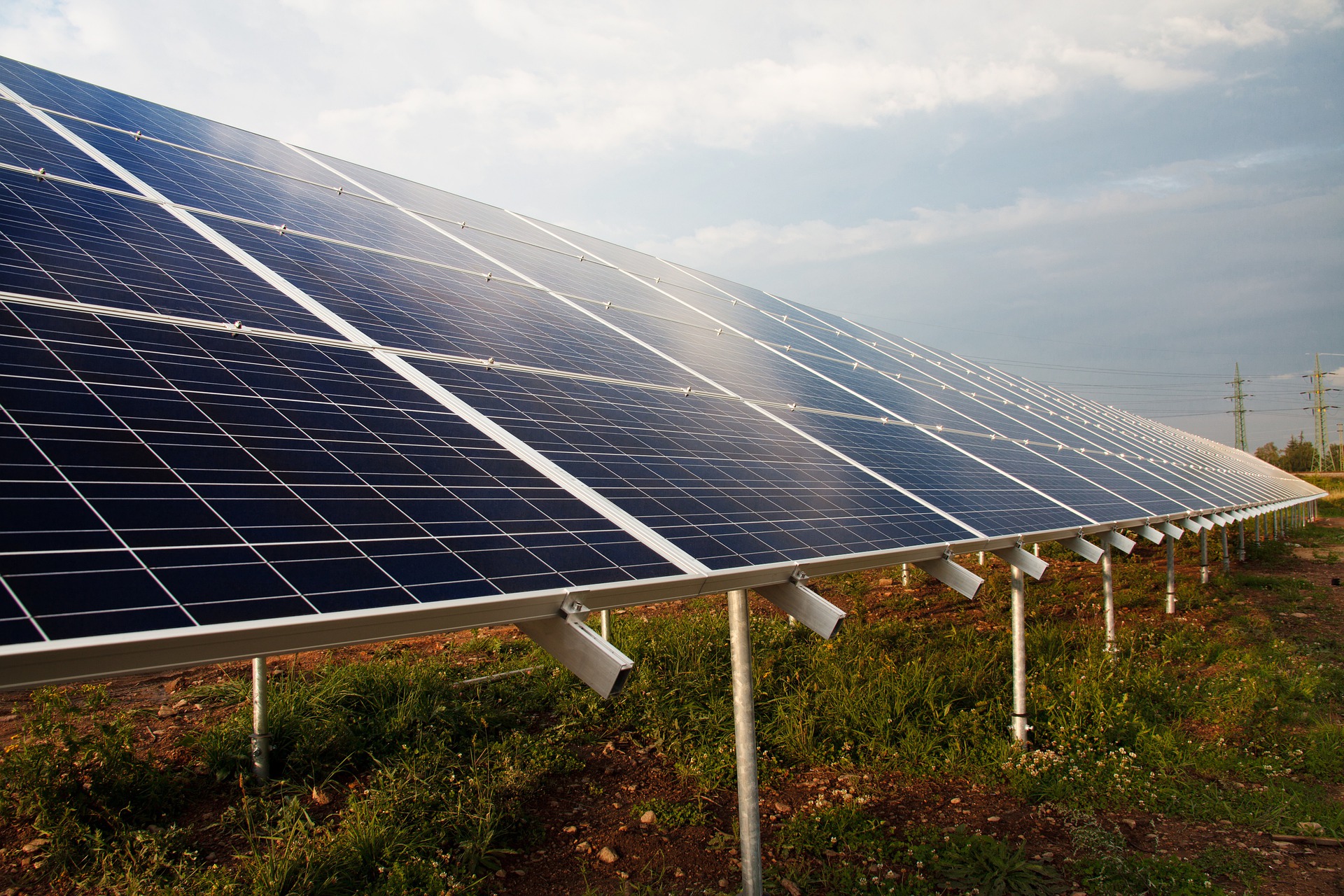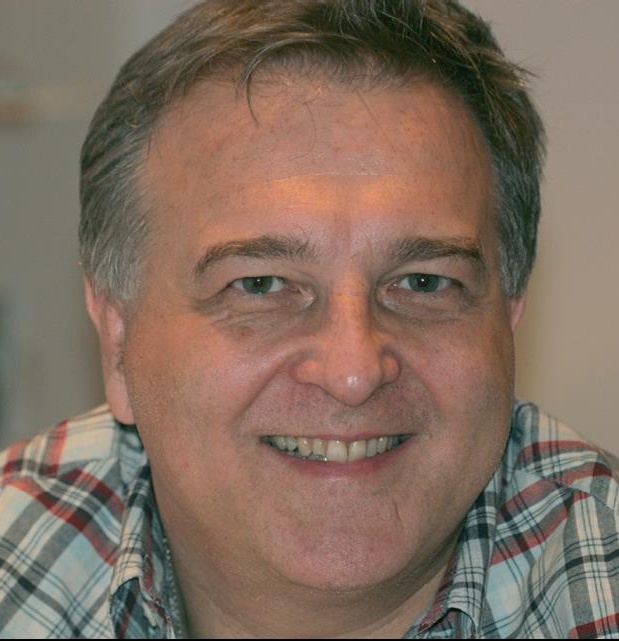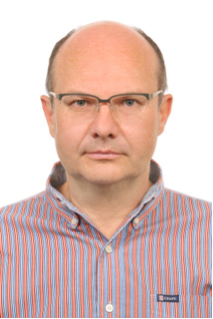EUKI Interview: Breaking Ground in Rural Poland
by , GIZ/EUKI & RENALDO
The EUKI project RENALDO promotes the expansion of renewable energy in the Polish Podlaskie and Kuyavian-Pomeranian regions. We spoke to project members Rafal Serafin and Piotr Banaszuk about new forms of collective prosumers[1], the disruption in Russian gas and coal supplies and the establishment of energy cooperatives in rural Poland.

The goal of your EUKI project is to enable the financial and technical conditions to set up energy cooperatives in rural Poland.
Piotr: The goal of our project is to test out energy cooperatives as a means of creating local energy markets as a means of supporting rural development in Poland that is also in line with the EC’s Renewable Energy Directive II (RED II). Energy cooperatives are a new form of collective prosumer for electricity and heating, which is now being introduced in Poland. In contrast to Germany and some other EU member states, the Polish energy cooperative model is all about energy trading between members to maximise autoconsumption and minimise dependence on the grid. The country has by now over a million individual electricity prosumers, but many in rural areas have not benefited so far for technical, financial and other reasons. The 7 Renaldo project energy cooperative initiatives are breaking new ground for both rural development and for boosting renewables in rural areas by introducing the practicalities of collective prosumerism to Poland. We are at the start of a renewable revolution in rural areas.
How does an energy cooperative typically look like and how is it financed?
Rafal: We don’t yet have a typical energy cooperative in Poland as the legal basis for their operation is still being fine-tuned and advisory services are still being developed. Also, the idea of collective prosumerism is something new and still unproven. Our project is breaking new ground by seeking not only to demonstrate the benefits of collective prosumerism, but also to provide rural municipalities with a pathway to setting up energy cooperatives in ways that generate tangible benefits to those who join.
Piotr: Our Renaldo calculator allows prospective producer and consumer energy cooperative members to model different options for renewable investment from the perspective of individual tangible cost-saving and energy security benefits. This means that energy cooperatives in Poland are being designed as business ventures that will not depend on subsidies going forward, but on optimising the energy mix and matching producer capacities to consumer needs year-round.
Which role do municipalities play in the development of energy cooperatives?
Piotr: The distinguishing feature of the RENALDO approach is the partnership brokering role of municipal government.
In rural areas, municipal governments can and do take on this brokering role. In our project, we have developed 3 basic models of establishing energy cooperatives with municipal governments as brokers. The first is where all cooperative members are public institutions, including the municipality. The second is where all members are private institutions with the municipality in a supporting or enabling role. And the third is that of a mixed public-private membership. These options provide a means for meeting the formalities of registration and provide a platform for expansion to include rural residents once operations begin.
In how far are these communities affected by the Russian halt of gas and coal supplies for Poland since late April 2022?
Piotr: It is not just disruption in gas and coal supplies, but rising energy prices across the board that are impacting us all in Poland as in most other European countries. Municipal governments in rural areas are now being severly impacted, especially if they are having to negotiate new contracts with electrical energy providers. Some are already facing price hikes of 60% or more. It looks as if the most common electricity tariff for homes will increase by 100% by 2023. Energy costs for industry and business are forecast to rise threefold.
Energy cooperatives are part of a systemic response poverty by providing a way for members to meet not just their electricity needs, but also their heating needs at affordable prices.
Rafal: The good news is that there is now unprecedented interest in energy cooperative solutions and their potential for assuring not just affordable electricity and heating, but also security of supply. All this means that there are growing expectations that the RENALDO project will provide practical guidance on how to set up energy cooperatives that make a difference.
Which short and long-term solutions can your organisations offer to the municipalities in the current situation?
Rafal: The Kuyavian-Pomeranian Agricultural Advisory Centre and the Activus Foundation in the Podlasie region can do little other than share the experience gained through the 7 Renaldo initiatives to establish energy cooperatives.
Those interested in establishing energy cooperatives must do their best to be up-to-date not only with relevant regulations, but on how those regulations translate into their own specific situations. The Renaldo Calculator tool developed in our project can provide a means for modelling different scenarios and a basis for brokering an optimal collective for an energy cooperative.
Piotr: What is needed now to go forward is an ecosystem of advisory support that brings together and makes available to energy cooperative initiators, relevant knowledge, skills and competences from public, private and civic sectors. Support must respond to needs, circumstances and opportunities in specific places.
A principled approach to establishing energy cooperatives as multi-sector partnerships that are tailored to local needs, circumstances and opportunities appears to be the most promising way forward.
Thanks for the Interview!
[1] Prosumers are individuals who both consume and produce


